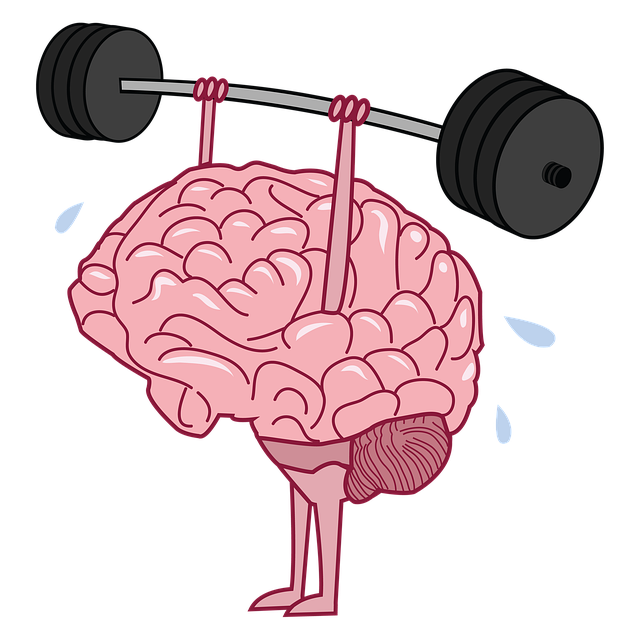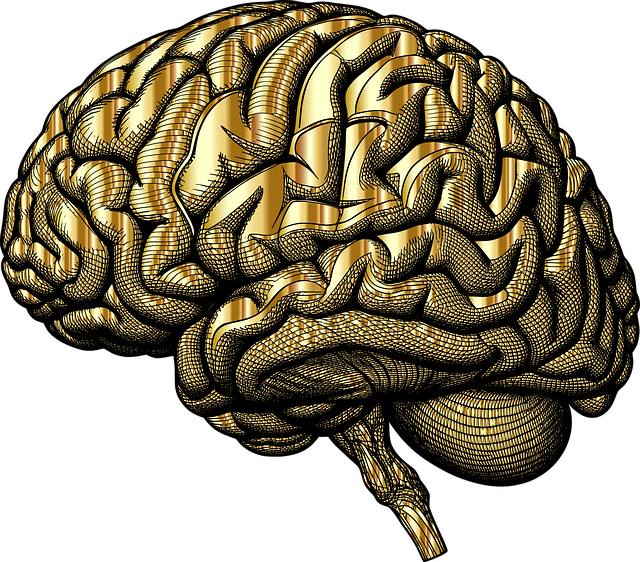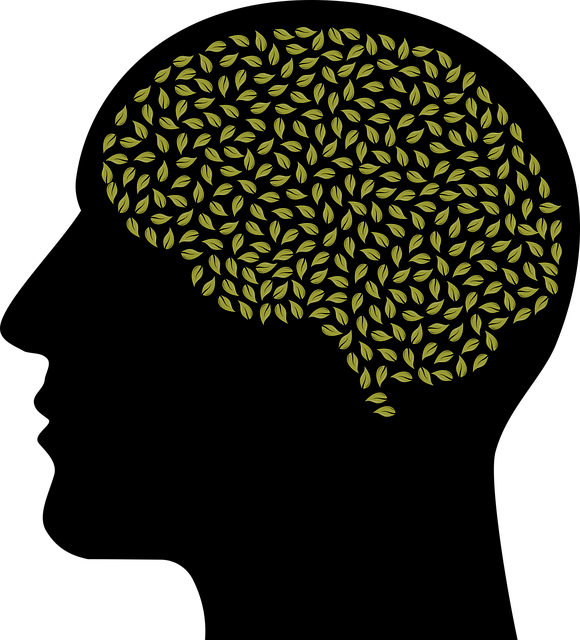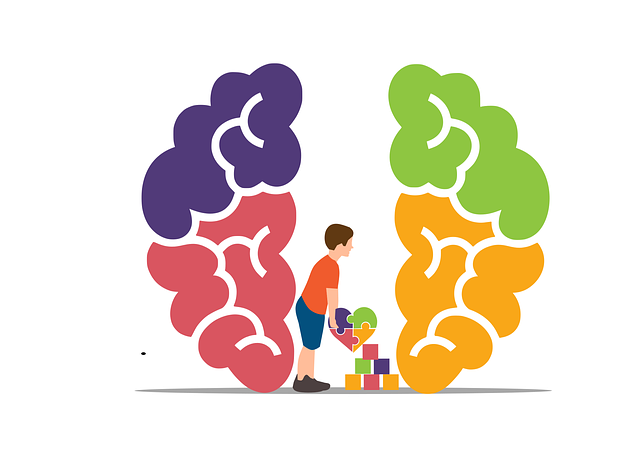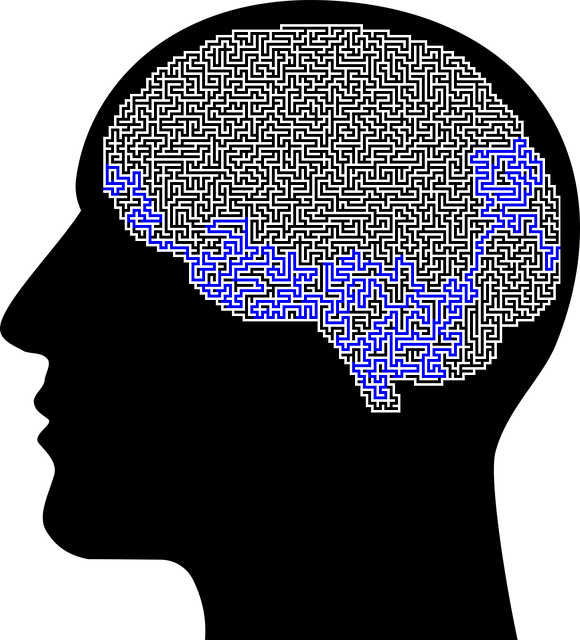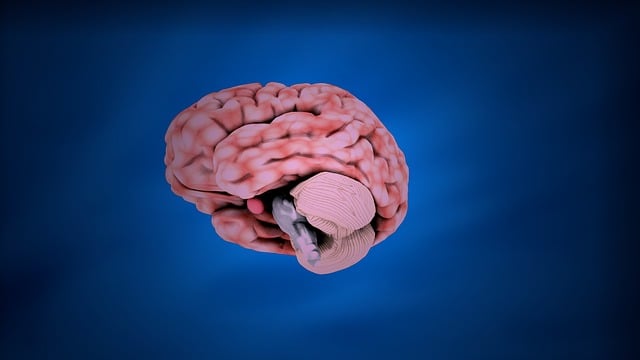Self-care is a powerful tool for managing mental health, especially for those dealing with PTSD, as highlighted by Boulder Post-Traumatic Stress Disorder Therapy. Through exercises like mindfulness and journaling, individuals can reduce stress, regulate emotions, and improve their overall well-being. Early intervention and professional support are key to navigating PTSD symptoms, offering hope for long-term recovery and better quality of life. Boulder PTSD therapy focuses on building resilience, self-compassion, and healthy coping mechanisms, addressing the root causes of distress for effective healing.
In today’s fast-paced world, prioritizing self-care is essential for maintaining mental well-being. This article explores the profound impact of self-care practices on mental health, with a specific focus on managing Post-Traumatic Stress Disorder (PTSD). We delve into recognizing PTSD symptoms and highlight effective strategies for its management. Furthermore, we examine the role of Boulder Post-Traumatic Stress Disorder Therapy in enhancing self-care routines, offering a holistic approach to healing and well-being.
- Understanding Self-Care and its Impact on Mental Health
- Recognizing the Signs of Post-Traumatic Stress Disorder (PTSD)
- Integrating Effective Self-Care Strategies for PTSD Management
- The Role of Boulder Post-Traumatic Stress Disorder Therapy in Enhancing Self-Care Routines
Understanding Self-Care and its Impact on Mental Health

Self-care is an essential practice for maintaining mental health and overall well-being. It involves a range of activities that nurture your physical, emotional, and psychological needs. Understanding self-care is crucial in today’s fast-paced world, where stress and anxiety are prevalent. By prioritizing self-care, individuals can improve their resilience to challenges like Boulder Post-Traumatic Stress Disorder (PTSD) therapy. It’s about recognizing that taking time for yourself is not a luxury but a necessity.
One effective way to enhance self-care is through practices such as Self-Awareness Exercises and Emotional Intelligence development. Journaling, for instance, can be a powerful tool to track moods, identify triggers, and gain valuable insights into one’s emotional landscape. This mental wellness journaling exercise guidance allows individuals to develop a deeper understanding of their thoughts and feelings, fostering better coping mechanisms. By integrating such self-care routines, people can reduce stress levels, improve mood regulation, and enhance overall mental health outcomes.
Recognizing the Signs of Post-Traumatic Stress Disorder (PTSD)

Many individuals struggling with post-traumatic stress disorder (PTSD) may not even recognize the signs. This often results from the complex and varied symptoms that can manifest, affecting every aspect of a person’s life. PTSD can cause intense emotions, flashbacks, nightmares, and severe anxiety, often triggered by reminders of the traumatic event. Those in Boulder seeking post-traumatic stress disorder therapy are encouraged to be vigilant for these red flags.
Early intervention is crucial in managing and overcoming PTSD. Developing coping skills and implementing a self-care routine development for better mental health can significantly improve one’s quality of life. By prioritizing depression prevention through professional support, individuals can navigate the path to recovery. Effective treatment options are available, offering hope for those affected by this debilitating condition.
Integrating Effective Self-Care Strategies for PTSD Management

Integrating effective self-care strategies is a vital component of managing Post-Traumatic Stress Disorder (PTSD). For individuals in Boulder seeking PTSD therapy, adopting comprehensive coping skills becomes essential for long-term recovery. The journey towards healing involves not just addressing symptoms but also nurturing one’s overall well-being. This includes developing robust coping mechanisms to navigate stressful situations and preventing burnout, especially critical for healthcare providers who often encounter high-stress environments.
Self-care practices such as mindfulness meditation, regular exercise, and engaging in hobbies can significantly boost confidence and resilience. These activities promote relaxation, enhance emotional regulation, and provide a sense of control—all crucial aspects in managing PTSD symptoms. By incorporating these strategies into daily routines, individuals can improve their ability to cope with triggers and maintain stability. Moreover, prioritizing self-care ensures that healthcare providers, who often face intense work pressures, can recharge and prevent burnout, thereby improving their capacity to support others in their care.
The Role of Boulder Post-Traumatic Stress Disorder Therapy in Enhancing Self-Care Routines

Boulder Post-Traumatic Stress Disorder (PTSD) Therapy plays a pivotal role in empowering individuals to enhance their self-care routines and cultivate resilience. This specialized therapy goes beyond addressing the symptoms of PTSD; it equips clients with valuable tools to manage trauma’s lasting effects, fostering inner strength development. Through tailored approaches, therapists help individuals navigate their emotional landscapes, promoting self-compassion and healthy coping mechanisms.
The process often involves integrating mental health education programs designed to teach practical strategies for stress management, emotional regulation, and overall well-being. By addressing the root causes of distress and providing a safe space for expression, Boulder PTSD therapy enables clients to build resilience, strengthening their ability to navigate life’s challenges with greater ease and self-care consciousness.
Self-care is a powerful tool for navigating mental health challenges, and understanding its impact on our well-being is the first step. By recognizing signs of PTSD and integrating effective strategies, individuals can improve their overall resilience. Boulder Post-Traumatic Stress Disorder Therapy offers valuable support, enabling clients to develop personalized self-care routines that enhance their ability to manage symptoms and lead fulfilling lives. Through dedicated practice, one can foster a healthier mind and embrace life’s possibilities.
